The powerful enjoy special access; Aboriginal people should too, through an Indigenous voice to parliament
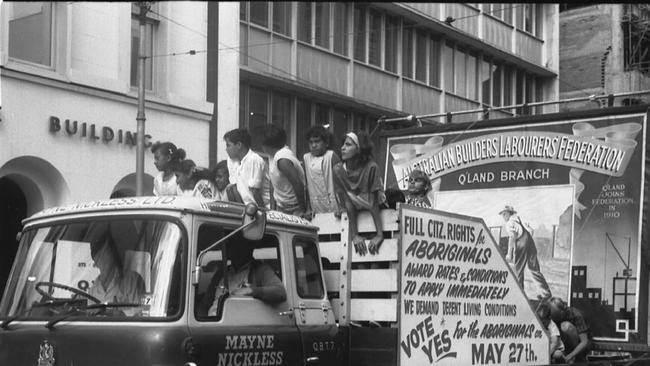
The coal industry, the gas industry, manufacturers, irrigators, cotton and rice farmers, banks, the superannuation industry, doctors, lawyers, pharmacists, the media (each of print, television and radio) and countless others have a presence in the nation’s capital or visit often. Some do it through senior executives. Most employ professional lobbyists.
They make representations in relation to legislation and policies. Which is to say, to parliament and to ministers and senior bureaucrats. All the time they are seeking to create a climate favourable to their constituents.
If the referendum succeeds, the original inhabitants of this country, through their chosen representatives, will have the guaranteed right to lobby for better outcomes than at present. And if all the other interest groups can do this, why not them?
Further, it is twisted logic to say, as some have, that the voice will be a “Canberra” voice. The opposite is true: unlike the armies of high-paid lobbyists who populate the rarefied air of our national capital, the people elected to the voice will be drawn from all regions across Australia, with specific provision for age and gender balance.
What do the rest of us have to worry about? Eminent constitutional scholars assure us the voice as proposed is consistent with the country’s founding document. They include two former chief justices of Australia – Murray Gleeson and Robert French – at least one other former High Court justice – Kenneth Hayne, who is hardly “woke” – and others such as Bret Walker KC.
Nobody of any standing is opposed to recognition in the Constitution of the Aboriginal people as the country’s first inhabitants. So that leaves the practical measure that is proposed – the voice itself. Surely to lift up our most marginalised citizens, so they can lobby just as the powerful can, is a reasonable course of action.
For as long as can be envisaged, Aboriginal people will remain less powerful than existing interest groups, which have always had all the access they want. Why? Because, unlike most of the others, Indigenous Australians lack lots of money and entrenched influence.
Those who represent the Aboriginal people will never be able to pull strings by way of political donations. But they do seek a seat at the table where decisions affecting them are made. We, the Australian people, ought to give them that seat, that access: the voice.
Some who urge a No vote in the referendum say it would introduce a race component into the Constitution. They need to learn their history. From the outset in 1901, the Constitution empowered the parliament to make laws with respect to the people of any race. It still does. And until 1967, when it was removed following a successful referendum, the Constitution provided that “aboriginal natives shall not be counted”. Since then, Indigenous Australians have been counted, have had the vote. Common decency requires that we give this group of our citizens the voice they seek.
Why single out Indigenous Australians (rather than other disadvantaged minorities)? Because our historical failure to even recognise their existence, and the evident failure in our efforts to understand and address their needs – to “close the gap” – demands that we do something significant, extra and permanent.
If all the privileged have access to parliament, ministers and the bureaucracy, why can’t we agree to guaranteed access by the least powerful among us – those who experience the worst outcomes in life expectancy, deaths in custody, domestic violence, child sexual abuse, education levels, unemployment and alcoholism. A better way is essential.
Ian Temby AO KC was the first commonwealth director of public prosecutions and the first commissioner of the NSW Independent Commission Against Corruption.

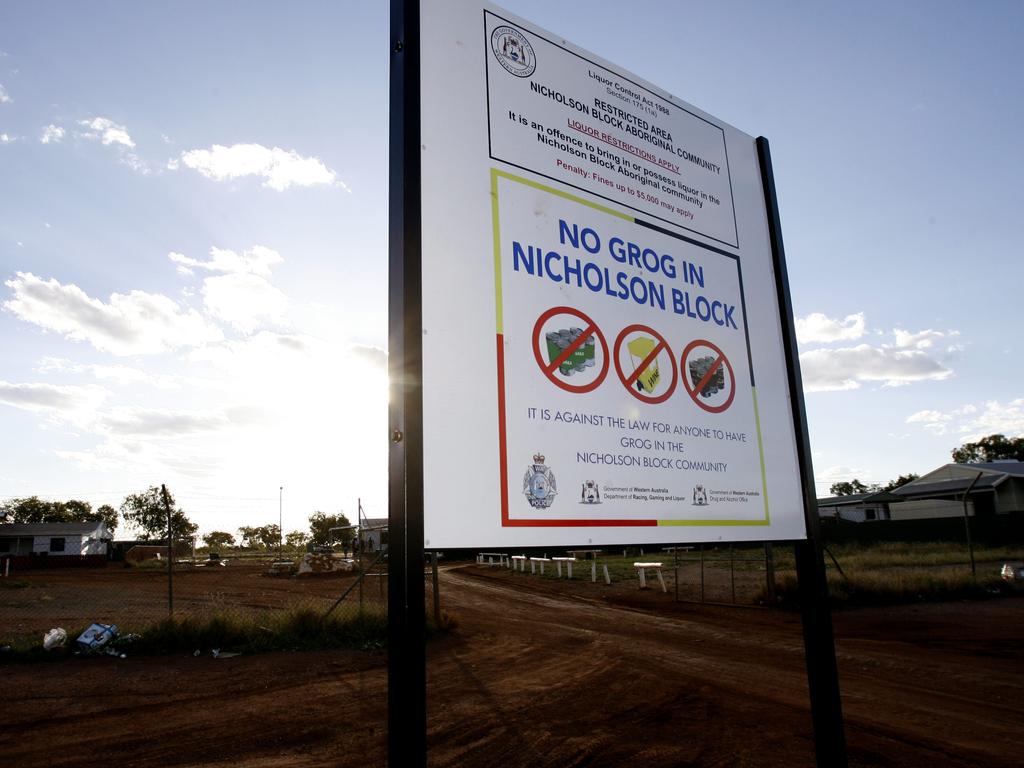
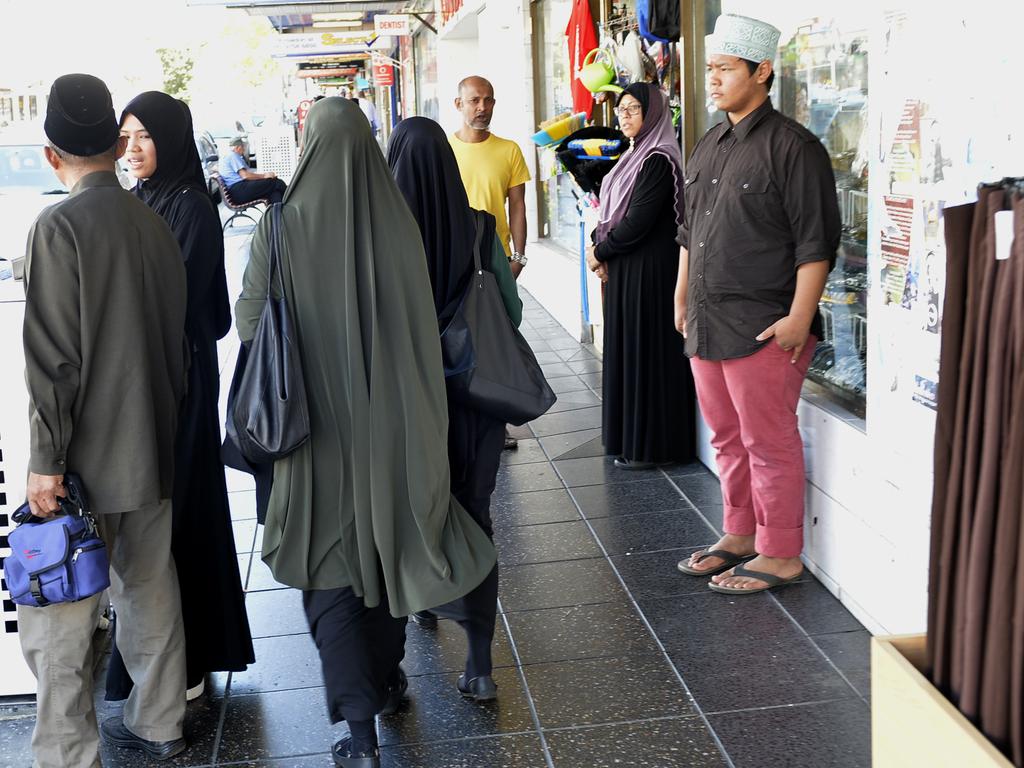
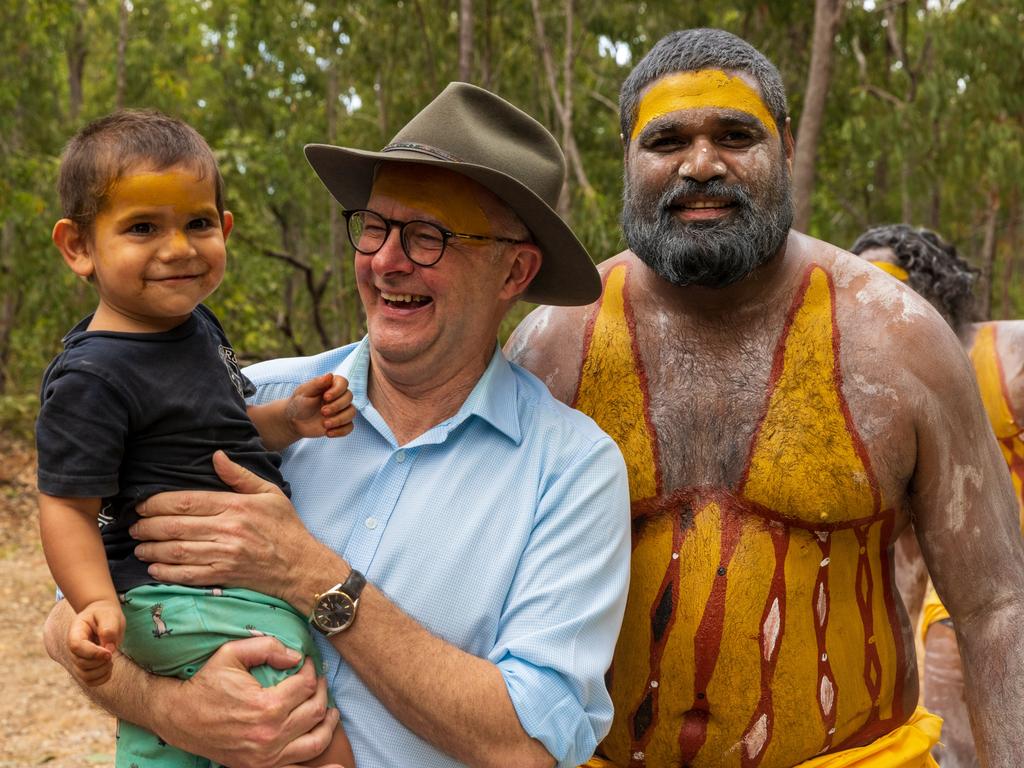
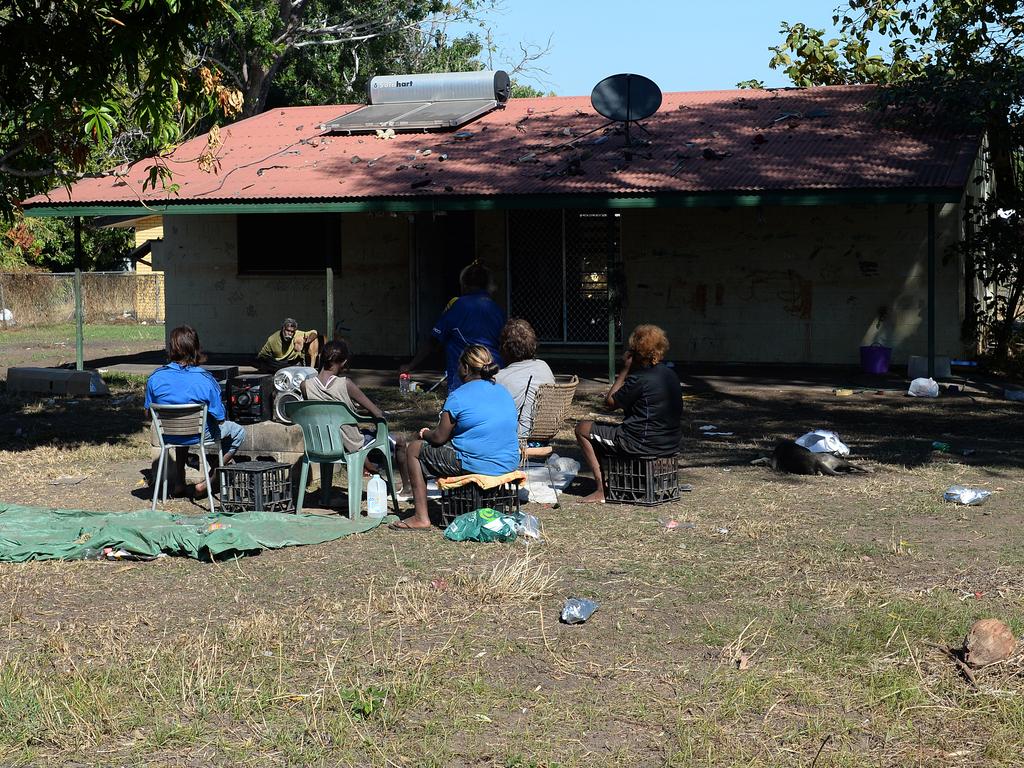


The Indigenous voice to parliament will simply give Australia’s Aboriginal people the same access to Canberra as is now enjoyed by very many lobby groups. The same access but less power.